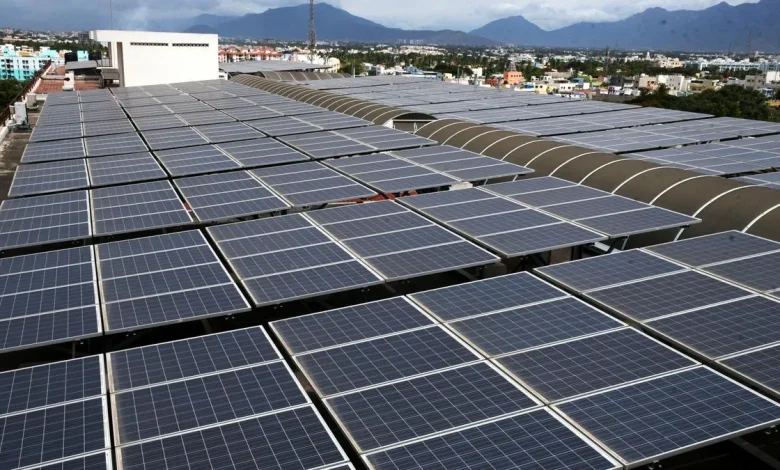PM-KUSUM Scheme Stalls, Government Considers Another Deadline Extension

NEW DELHI: The central government is poised to grant another extension to the PM-KUSUM scheme, following significant shortfalls in meeting its installation targets. Initially launched in 2019, the program was designed to boost solar energy adoption among farmers, with an original goal of establishing 30,800 megawatts (MW) of solar capacity by 2022.
The scheme’s timeline was previously pushed to March 2026, with the target also being increased to 34,800 MW, citing pandemic-related disruptions and implementation hurdles.
Targets Remain Largely Unmet
According to official sources, a second extension is now under consideration due to persistently slow progress across most components of the scheme. Data from September 9, 2025, reveals that while Component B, which focuses on installing standalone solar-powered agricultural pumps, has reached 71% of its goal, the other segments are lagging far behind.
A Breakdown of the Three Components
The PM-KUSUM scheme is structured around three key parts:
- Component A: Setting up 10,000 MW of decentralized solar power plants.
- Component B: Installing 14 lakh standalone off-grid solar pumps.
- Component C: Solarizing 35 lakh existing grid-connected agriculture pumps.
Component A has demonstrated the poorest performance, with a mere 650 MW of capacity installed to date. States including Telangana, Odisha, Gujarat, and Assam have reported no installations under this component. Even larger states like Uttar Pradesh and Tamil Nadu have contributed only minimal capacity.
Progress under Component C is also sluggish, with its two sub-components having achieved only 16.5% and 25.5% of their respective targets.
Challenges Behind the Slow Pace
Officials attribute the delays to several persistent challenges, including difficulties in securing land, low awareness among farmers, and bureaucratic hold-ups in approvals. The slow implementation is further highlighted by Union Territories such as Andaman and Nicobar Islands and Puducherry, which have shown no progress under Component B.
In light of these obstacles, the Ministry of New and Renewable Energy is actively considering a further extension to the deadline to allow for the scheme’s complete execution.




